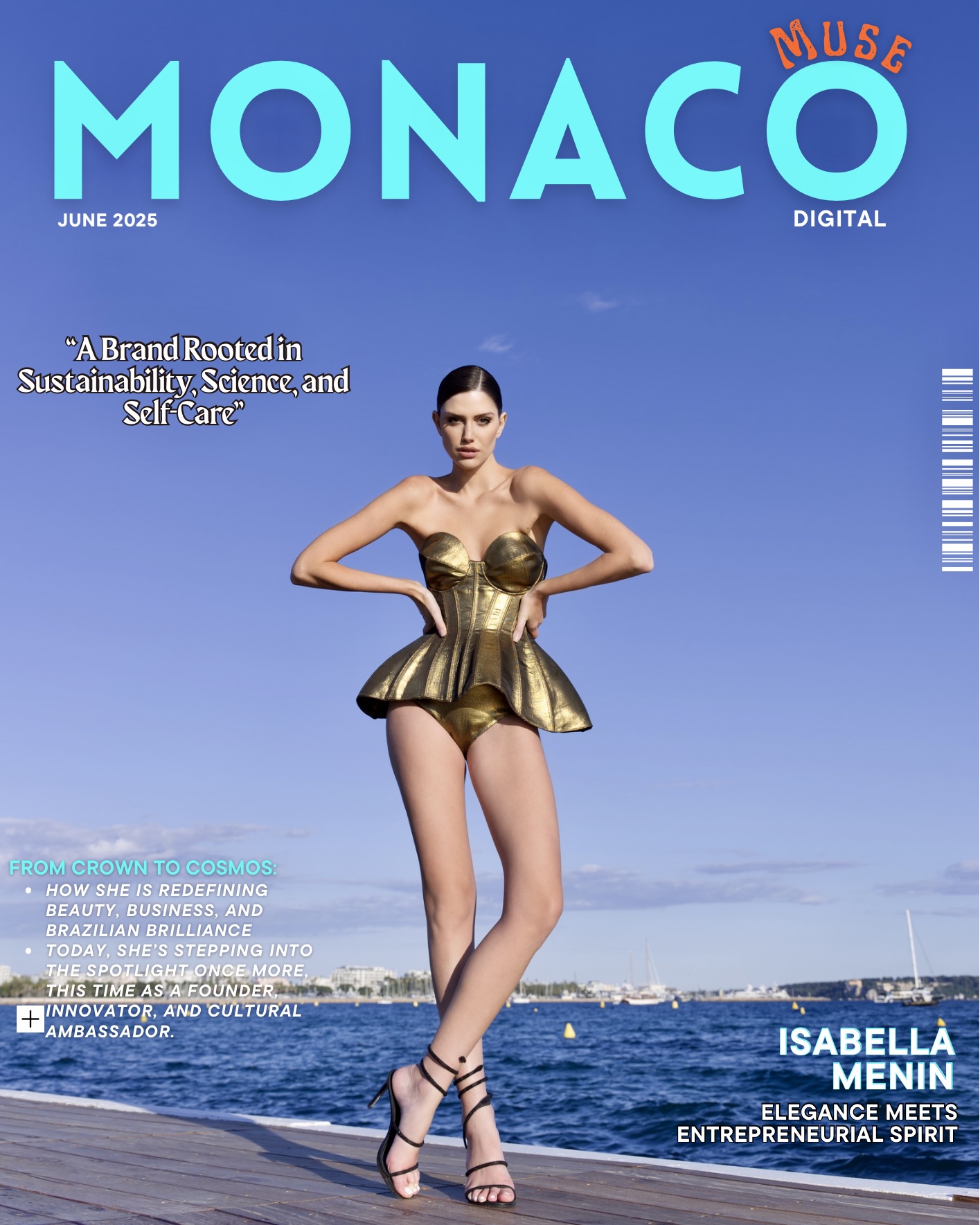Russian President Vladimir Putin and Chinese President Xi Jinping have reaffirmed the strength of their strategic alliance during high-level bilateral talks in Beijing. Meeting ahead of China’s largest-ever military parade, both leaders underscored the deepening relationship between their nations, with Putin describing ties as being at an “unprecedented level.”
Speaking during the talks, Putin expressed gratitude for the ongoing cooperation, stating: “Dear friend, both I and the entire Russian delegation are pleased to meet once again with our Chinese friends and colleagues.” He emphasized that their growing communication reflects a strategic partnership that is now stronger than ever. “We were always together then, and we remain together now,” he added.
Xi echoed the sentiment, highlighting that China-Russia relations have endured global changes and challenges. He reaffirmed Beijing’s commitment to working with Moscow to promote a “more just and reasonable global governance system.”
The leaders’ meeting comes as Beijing prepares to commemorate the 80th anniversary of Japan’s World War Two surrender in China with a massive military parade. North Korean leader Kim Jong Un is also expected to attend, marking his first appearance at a multilateral international event and the first visit by a North Korean leader to a Chinese military parade since 1959.
This show of unity between Moscow and Beijing is taking place against a backdrop of shifting global power dynamics. Xi has been positioning China as both an economic powerhouse and a key diplomatic player amid growing tensions with the West. His criticism of Western “bullying” — widely interpreted as a rebuke of the United States — was echoed during the summit.
The summit follows the Shanghai Cooperation Organisation (SCO) meetings held in Tianjin, where leaders from India, Iran, and Pakistan joined discussions. Xi urged member states to resist Cold War-era mentalities and bloc-based confrontations. Putin, in turn, stated that the summit laid the groundwork for replacing “outdated Eurocentric and Euro-Atlantic models.”
Notably, most Western leaders are not expected to attend the military parade due to continued opposition to Russia’s invasion of Ukraine. While China has stopped short of openly supporting the war, it has refused to condemn Moscow’s actions, leading to accusations — which Beijing denies — of indirectly aiding Russia through dual-use exports.
As both countries seek to reshape global governance, their unified front signals a continuing pivot away from Western-led institutions and ideologies.







